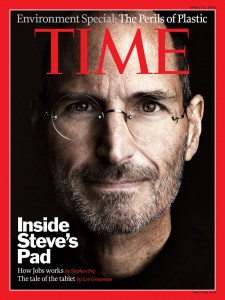Micromanagement is defined as a management style whereby a manager closely observes or controls the work of subordinates. It generally has a negative connotation. Many leadership experts consider it as the No.1 of the public enemy. People usually equate leadership with delegation, which is precisely the opposite of micromanagement. However, many successful entrepreneurs, such as Steve Jobs, Mickey Drexler and Jeff Bezos, are unmitigated, unapologetic, micromanagers.
They are all ambidextrous leaders who are capable to strike a balance between micromanagement and delegation. Micromanagers are required to be experts. Otherwise, their comments may be not credible. However, to be an expert needs time and dedication, but people’s time and energy are limited. That’s why micromanagers must be selective. For instance, Jeff Immelt, CEO of the blue-chip industrial conglomerate General Electric, only intimately know the top 500 executives in the company, because these top 500 people represent the potential of the company.
Last but not least, having a capable team is a precondition for being a successful micromanager. Because of people’s limitation of time and energy, we cannot mind the overall situation and the details simultaneously. So every micromanager needs a strong, trusted backup to assist him in the work.
Although micromanagement seems contradictory to a leader, it actually enables more, but less, delegation.
http://www.bbc.com/capital/story/20131003-in-praise-of-micromanagement

